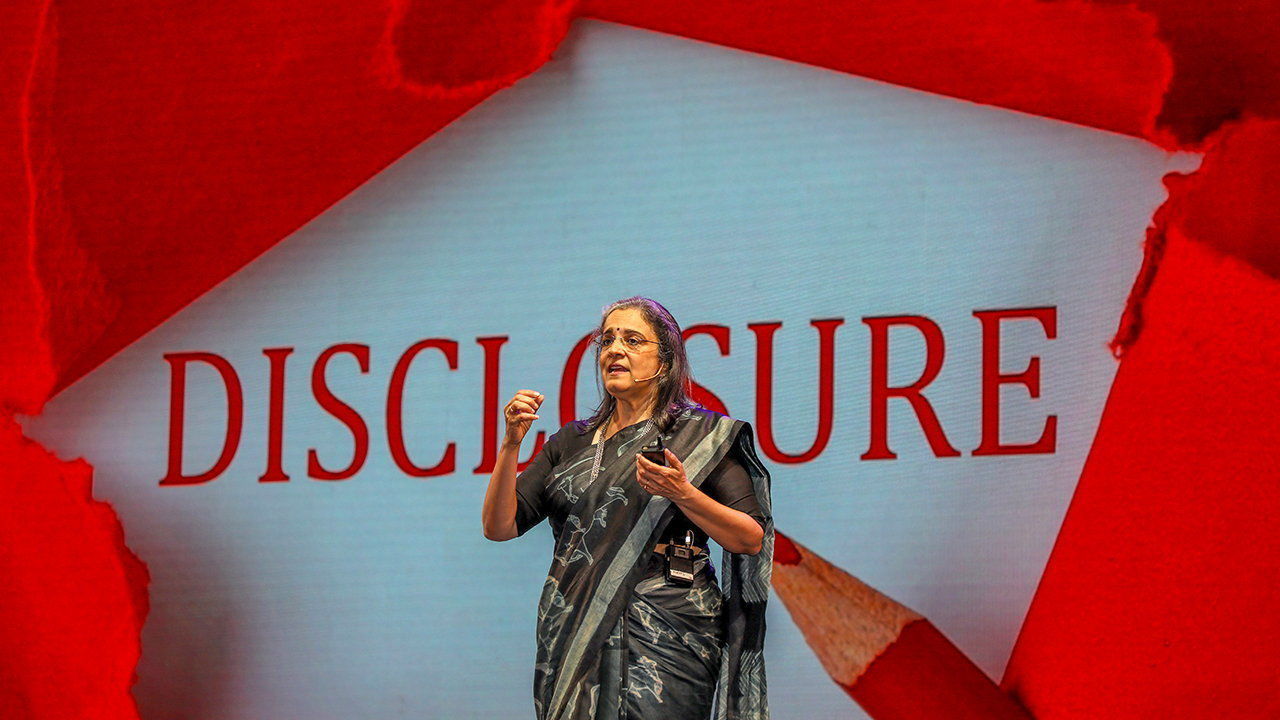
India has never seen a fight quite like this. Late on Saturday August 10th Hindenburg Research, a short-selling firm in New York, posted a follow-up to a report it produced in January last year which described the Adani Group, one of India’s biggest conglomerates, run by one of its richest men, as “the largest con in corporate history”. In its latest broadside Hindenburg alleges that the limited response by the Securities and Exchange Board of India (SEBI) to its first lot of claims is the result of the conflicted interests of its chairwoman, Madhabi Puri Buch. Although opposition politicians in Delhi have called for an investigation and her resignation, Ms Buch seems safe for now. Still, the saga is set to bring lasting improvements to India’s capital markets.
Hindenburg’s original report argued that the Adani Group had used obscure offshore funds to prop up its value, and that its finances were more fragile than they seemed. The company denied the claims, but in the immediate aftermath the share prices of its various underlying companies plummeted. Since then, they have largely, though not entirely, recovered. An investigation by SEBI has announced no evidence of wrongdoing by the Adani Group; Hindenburg, though, has been told that it is being investigated for trading on non-public information contained in its own report (an accusation that the short-seller dismisses as “nonsense”).
Hindenburg’s new claim centres on the point that Ms Buch had invested in one of the offshore funds that had, according to the short-seller, been used to manipulate Adani shares. The manager of the fund, Anil Ahuja, a childhood friend of Ms Buch’s husband, had previously served as a director of Adani-controlled companies. For good measure, Hindenburg also claimed that Ms Buch, during her time at SEBI, had supported legislation to ease restrictions on real-estate investment trusts while her husband was working as an adviser to Blackstone, a private-markets giant that invests heavily in the asset class.
In the early hours of Sunday August 11th Ms Buch, together with her husband, issued a statement accusing the short-seller of character assassination and denying culpability. They said Ms Buch had sold her investment before she became head of SEBI and before the fund invested in Adani securities. SEBI has also dismissed the claims, saying Ms Buch had properly disclosed all investments, recused herself in potential cases of conflict and spoken appropriately on proposed legislation. The Adani Group also chimed in, characterising the allegations as “malicious, mischievous and manipulative…with wanton disregard for facts and the law.”
India’s government has made no move to oust Ms Buch, and is unlikely to do so unless new evidence emerges. The fallout for the Adani Group also seems to have been largely contained. Shares in its constituent companies initially fell sharply after markets opened on August 12th, but recovered throughout the day. At the end of trading on August 14th they were down collectively by 2.7%.
Hindenburg, then, has probably not achieved what it hoped for. Still, its work has had salutary effects for India. Several Adani companies probably did have excessive valuations at the time of the original report. Since then the group has become both more transparent and more focused. The combined net profit of its 11 listed entities has risen from $2.7bn in 2022, the year before the short-seller’s initial report, to $4.3bn over the past four quarters.
Hindenburg has also drawn attention to the tendency of Indians to invest in their country via vehicles registered overseas in response to complex and frequently changing rules at home. This has long troubled India’s government, which conflates offshore holdings with opacity and tax avoidance. It has attempted to diminish access to these funds but has so far dithered on providing an attractive domestic alternative. Hindenburg’s allegations against Ms Buch may finally give India’s government and regulators an incentive to do so. That would be good for India—even if it is of little comfort to Hindenburg. ■
To stay on top of the biggest stories in business and technology, sign up to the Bottom Line, our weekly subscriber-only newsletter.
Stay on top of our India coverage by signing up to Essential India, our free weekly newsletter.


















